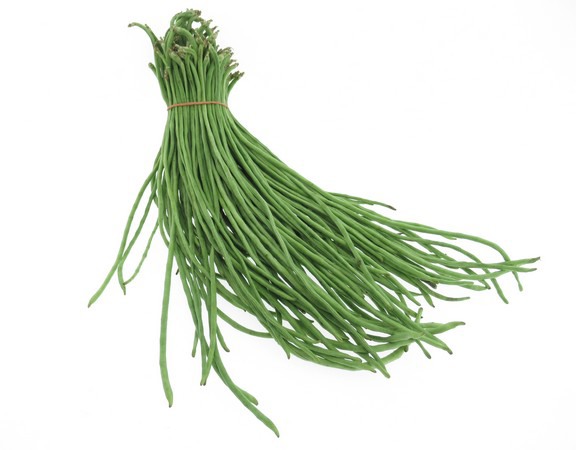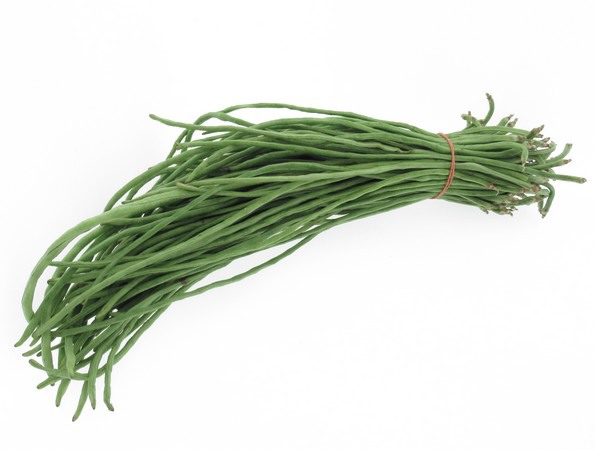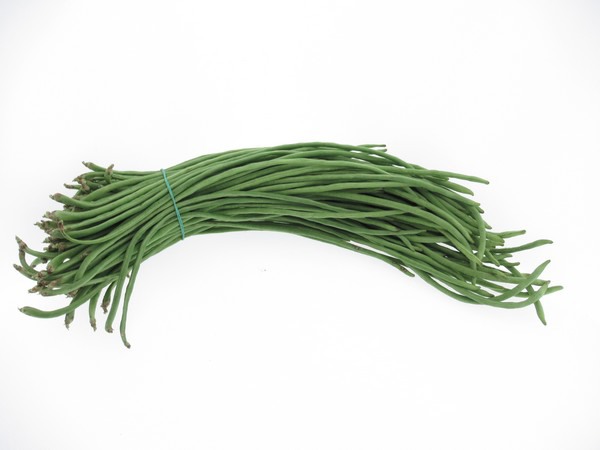Last year, in December, Bel Impex began cultivating and selling Suriname yardlong beans again. That chain was severely disrupted during the pandemic and all its adverse effects on supply. "The COVID measures sharply reduced the number of flights. Tourism came to a complete standstill, thus, greatly impacting our ability to arrange air cargo. In fact, in the pandemic's first year, there was no air traffic at all," says this Dutch company's director Martin van Lier.

"There were accompanying general bottlenecks. Logistics costs, for example, rose sharply, adding another hurdle to the already difficult pandemic. Growers began considering alternative crops. Not many people eat yardlong beans in the Dominican Republic. European laws and regulations for importing these beans were tightened in 2020, adding to this product group's difficulties."
Though there are various yardlong bean varieties, the Suriname one is most popular in the Netherlands. Bel Impex sources these beans from the Dominican Republic, not Suriname. "Our quality standards require at least GlobalGAP cultivation, and we want to deliver a high-quality product. Experience has taught us that Suriname cannot offer the right partners for this," Martin says.

New cultivation project in Africa
Projects to establish yardlong bean cultivation have since started in Africa. "Initial results are very positive. We have high expectations that this will expand further." According to Martin, yardlong beans grow best in tropical countries. "Spain has had a variety available, especially in the summer, for several years. But, frankly, their flavor and appearance fall short of the required quality standards. These sold because there was a shortage and a lack of a better option," he surmises.
"We’re pleased to offer Suriname yardlong beans to our customers again. They've retained their quality; we're delighted with that. Things look good for this year. Our yardlong beans are in high demand with our partners. So high that we're, unfortunately, unable to meet that at present. But we're very busy scaling up and should get the supply back up to par this year. Provided we can meet the right specifications, we see fantastic growth opportunities for the coming year."

Bel Impex sells most of these beans in the Netherlands to supermarkets, the hospitality industry and ethnic wholesalers. The number of suppliers is manageable, says Martin. "The market volume isn't huge,” he admits. “For now, it remains a specific product with a specific target group. There are plenty of snags around growing and importing the correct variety, so few importers dare to take on this challenge. Cultivation is labor intensive, and marketing yardlong beans at the desired quality level requires the necessary knowledge and experience."
Are the native Dutch becoming more enthused about these yardlong beans? "Sales are still limited, but we see future market potential. Unknown making unloved is an issue, so that's where our marketing department will have to play a prominent role with targeted messages," Martin concludes.
For more information: 
Bel Impex
Tel: +31 (0)70 320 7574
martin.vanlier@belimpex.nl
sales@belimpex.nl
